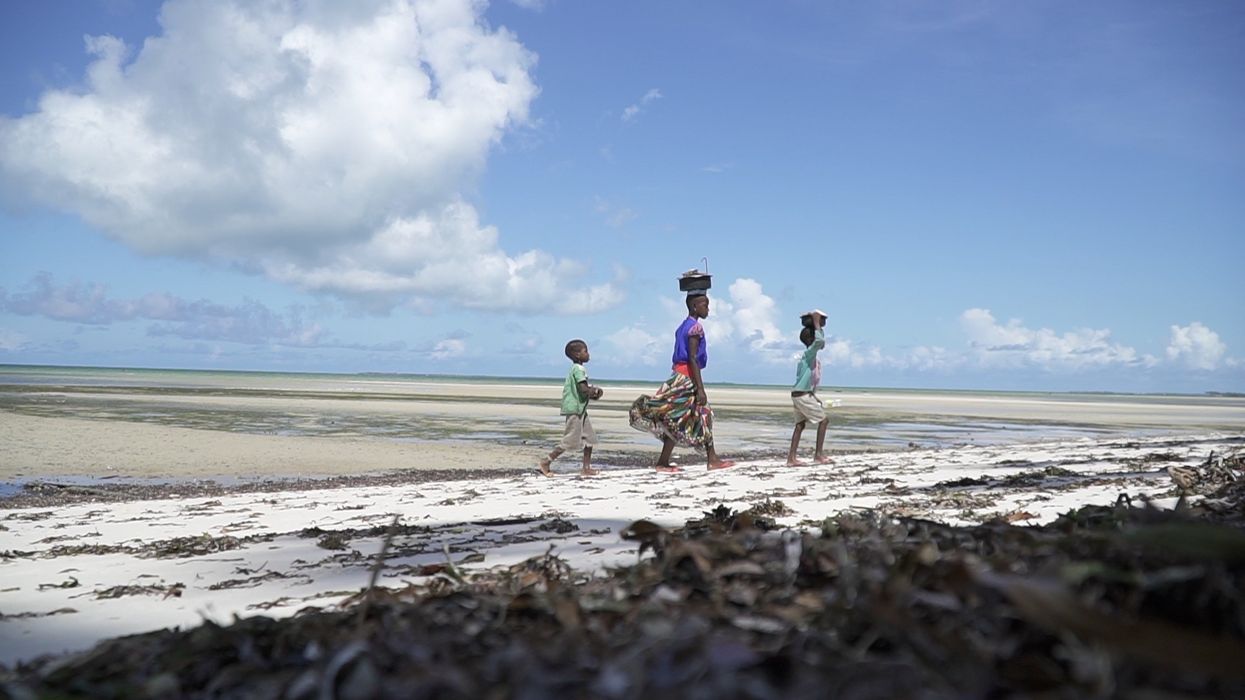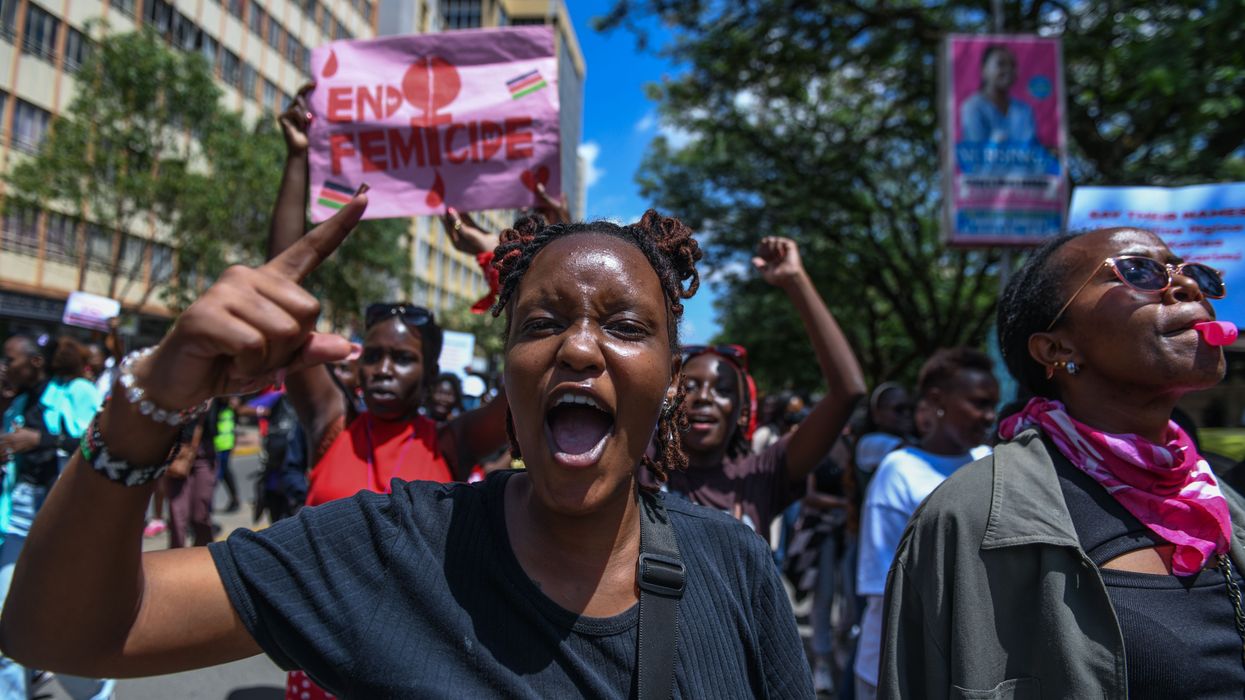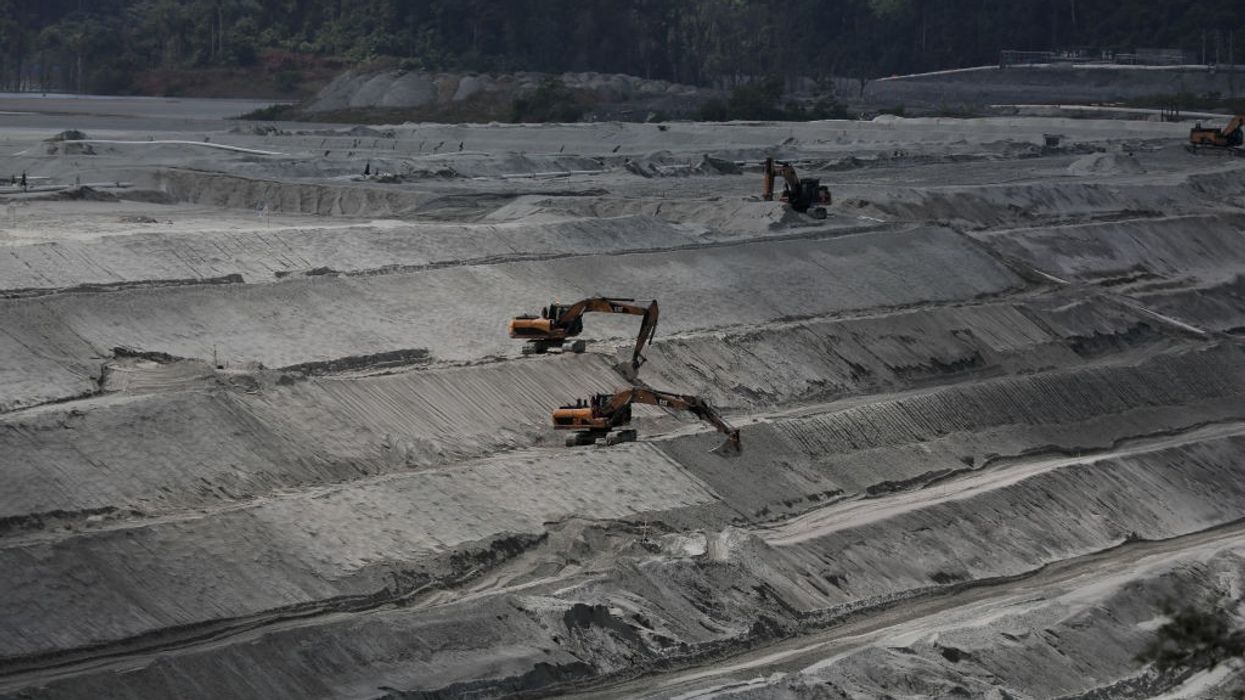As seen in the #RejectFinanceBill protests in Kenya, the #FearlessOctober protests in Nigeria, and youth-led movements in Uganda and Mozambique, today’s youth are not merely reacting to the rising cost of living but are pushing for profound systemic change.
Between August and October, the Kenya National Police Service reported 97 cases of femicide. The real numbers must be higher since some of the cases don’t get reported to authorities. During the 16 Days of Activism 2024, Kenyans across the country held forums to highlight the femicide issue. This culminated in nationwide protests held across the country on the International Human Rights Day 2024, calling on the president to declare femicide a national disaster. As usual the peaceful protests were met by police brutality, with the police teargassing innocent protestors.
This social youth-led movement, started by Gen Z protesters in Kenya in June, has now spread to Uganda, Nigeria, and Mozambique. Waves of young people are rising to challenge electoral malpractices, bad governance, corruption, and tax hikes. African youth, leveraging social media and operating without funding, have thus emerged as a powerful force for change, echoing the historical independence movements of the mid-20th century. With the majority of the protests driven by men and women under 30, there’s significant potential to create long-lasting momentum for good governance, economic justice, an end to corruption, and better electoral management.
#RejectFinanceBill2024 in Kenya
The weeks leading up to the first physical #RejectFinanceBill2024 protests in Kenya on June 18 and 19 were dominated by general discontent with proposed taxes on basic commodities like sanitary products, cooking oil, and bread. Social media platforms were abuzz with calls of “enough is enough” as platform users explained how much the bill would drive up the cost of living for most average citizens. The general feeling was “we need to do something” about this bill before life got much more difficult than it already was.
Within days, users had circulated a date, venue, and dress code on social media and were downloading the Zello walkie-talkie app en masse. What followed next was historic as young Kenyans in all parts of the country took to the streets to protest the Finance Bill in what became known as the #RejectFinanceBill2024 and #OccupyParliament protests.
Uganda, Nigeria, and Mozambique: Social Media and Youth
Following Kenya’s example, anti-corruption protests erupted in Uganda in July. Then August and October saw Nigeria’s #EndBadGovernance protests and #FearlessOctober protests against the cost-of-living crisis and bad governance. In Mozambique, citizens took massively to the streets to protest against electoral malpractices following the October 9 elections.
As in Kenya, all these protests have more in common than how violently they were dealt with: excessive police force, extra-judicial killings, abductions, torture, and hundreds of injuries.
The vast majority of protesters are young people, and social media played a pivotal role in getting them out on the street. It helped them facilitate real-time updates, coordinate demonstrations, counter misinformation, and obtain legal aid by crowdfunding for arrested activists. By circumventing traditional media, young activists exposed abuses and united communities, forcing authorities to confront this digitally-savvy and highly organized force.
Leaderless, Tribeless, Classless and Fearless
Historically, Kenyan politics has been divided along ethnic and tribal lines, with voting blocs often rallying behind leaders from their communities. The Gen Z movement, however, has broken this mold. Young activists have shifted the focus from ethnic loyalty to broader issues like equality, social justice, and government accountability.
Under the “tribeless, leaderless, party-less” tagline, the #RejectFinanceBill protests shunned traditional political affiliations and adopted a spontaneous, decentralized model. This approach gave the movement flexibility to adapt quickly to changing circumstances, such as evading police by frequently shifting protest sites. Without a clear hierarchy, the protests continued despite arrests, as authorities struggled to suppress an ever-evolving, leaderless movement.
The Kenyan protests took the government by surprise. Previously, youth complaints were confined to social media. Now, they were on the streets nationwide, transcending tribal and party lines. The government’s response was violent, resulting in dozens of deaths and abductions. Even today, police isolate and kidnap perceived protest leaders, many of whom end up dead or traumatized from their experiences. The Kenya Police Service has however denied this.
Rejecting Savior Politics
Africa’s political history is marked by leaders who position themselves as “saviors” promising utopia while failing to build sustainable systems. This narrative has bred disillusionment as youth recognize the need for systemic change, not just individual leaders. Gen Z activists across Africa are increasingly demanding transparency and accountability, emphasizing structures that outlast personalities and prevent corruption.
This year’s protests also signal another shift: African youth are questioning whether their leaders’ personal politics align with the principles of justice, equality, and inclusion. This younger generation is looking beyond mere representation to evaluate leaders on their stance against patriarchy, homophobia, and tribalism. Are they committed to redressing historical injustices and fighting systemic oppression? Activists believe these questions should determine the support any leader receives.
The Future of Youth-Led Activism in Africa
With the majority of activists under 30, Africa’s Gen Z is set to reshape the political landscape. Supporting these young Africans, rather than depending on traditional “savior” figures, is essential. Leaderless, decentralized movements have proven to be effective at disrupting the status quo.
As seen in the #RejectFinanceBill protests in Kenya, the #FearlessOctober protests in Nigeria, and youth-led movements in Uganda and Mozambique, today’s youth are not merely reacting to the rising cost of living but are pushing for profound systemic change. By combining digital activism with physical presence on the streets, African youth are demonstrating their commitment to a transformed and empowered continent and broader systemic change.




